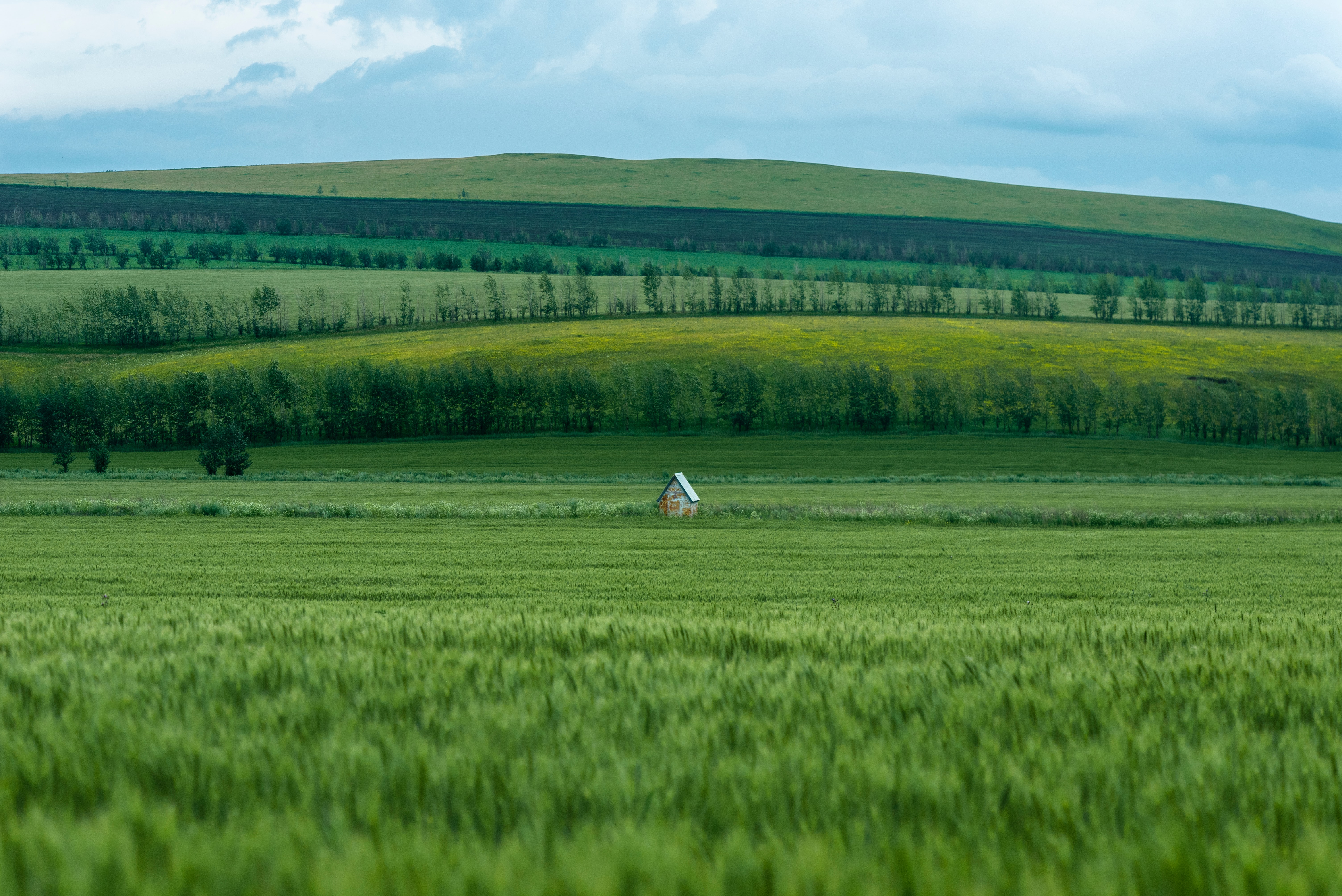
11th April 2017
Silent Spring is a seminal book by Rachel Carson, which is widely credited for igniting the fire of the environmental movement. Reading this, I am shocked by how little seems to have changed in the intervening 55 years since the book was published.
Carson shows how chemical insecticides and pesticides have gone beyond pest control and resulted in widespread death of fish, birds and larger animals. What we try and control in one part of the food chain has a knock on effect further down, and worryingly, not many people realise that we are also at the end of this food chain. I have often wondered whether rising rates of cancer in humans can be attributed to the chemicals we have sprayed on our foods and which we unwittingly ingest. Think about it, if the pesticides are toxic enough to kill insects, birds and fish – could they not also poison us, as living, breathing creatures as well? Carson makes a strong argument that this is indeed the case:
“Man has put the vast majority of carcinogens into the environment and he can, if he wishes, eliminate many of them. The chemical agents of cancer have become entrenched in our world in two ways: first, and ironically, through man’s search for a better and easier way of life; second, because the manufacture and sale of such chemicals has become an accepted part of our economy and our way of life.”
Furthermore recent scientific studies have shown that pesticides are harmful to our health. An article in the Guardian states that:
- The idea that pesticides are essential to feed a fast-growing global population is a myth, according to UN food and pollution experts.
- The report said: “Chronic exposure to pesticides has been linked to cancer, Alzheimer’s and Parkinson’s diseases, hormone disruption, developmental disorders and sterility.” It also highlighted the risk to children from pesticide contamination of food, citing 23 deaths in India in 2013 and 39 in China in 2014.
- The report says pesticides have “catastrophic impacts on the environment, human health and society as a whole”, including an estimated 200,000 deaths a year from acute poisoning.
In addition, a separate article in the Guardian, notes that farms may actually be more productive without using pesticides and insecticides:
- By comparing similar farms using high or low levels of pesticides, the scientists found that 94% of farms would lose no production if they cut pesticides and two-fifths of these would actually produce more.
- The results were most startling for insecticides: lower levels would result in more production in 86% of farms and no farms at all would lose production.
- The research also indicated that 78% of farms would be equally or more profitable when using less pesticide of all types.
I think it goes without saying that we need to urgently examine whether we need to be using pesticides and insecticides at all in this day and age. If there is significant evidence that pesticides are causing cancer and a range of other serious illnesses, we need to put a stop to their use. Moreover, we have evidence as shown above that we don’t need to use pesticides and insecticides on our crops. This is yet another case of manipulation by big companies, who are causing unnecessary illness, death and environmental degradation in the name of profits. It’s time to stop this.
Top 5 Pesticide Companies
As a matter of interest, this article from August 2016, lists the top 5 pesticide companies as:
- Syngenta
- Bayer
- Dow and Du Pont
- BASF
- Monsanto
Sources
Silent Spring by Rachel Carson – https://www.amazon.co.uk/d/Books/Silent-Spring-Penguin-Modern-Classics-Rachel-Carson/0141184949
Deaths caused by pesticides – https://www.theguardian.com/environment/2017/mar/07/un-experts-denounce-myth-pesticides-are-necessary-to-feed-the-world
Farms more productive without insecticides – https://www.theguardian.com/environment/2017/apr/06/farms-could-slash-pesticide-use-without-losses-research-reveals
Top 5 pesticide companies – http://www.investopedia.com/articles/markets-economy/082516/top-5-pesticide-companies-world-syt-dow.asp
My new cli-fi children’s picture book is Nanook and the Melting Arctic. Nanook is a caring polar bear who lives in the Arctic. But when his igloo starts melting, Nanook must find a way to save his friends and his home. He knows that the people who can help are also those who’ve caused the problem and he must find a way to convince leaders to act on the climate crisis. You can purchase Nanook from Amazon’s global stores including Amazon UK and Amazon US.